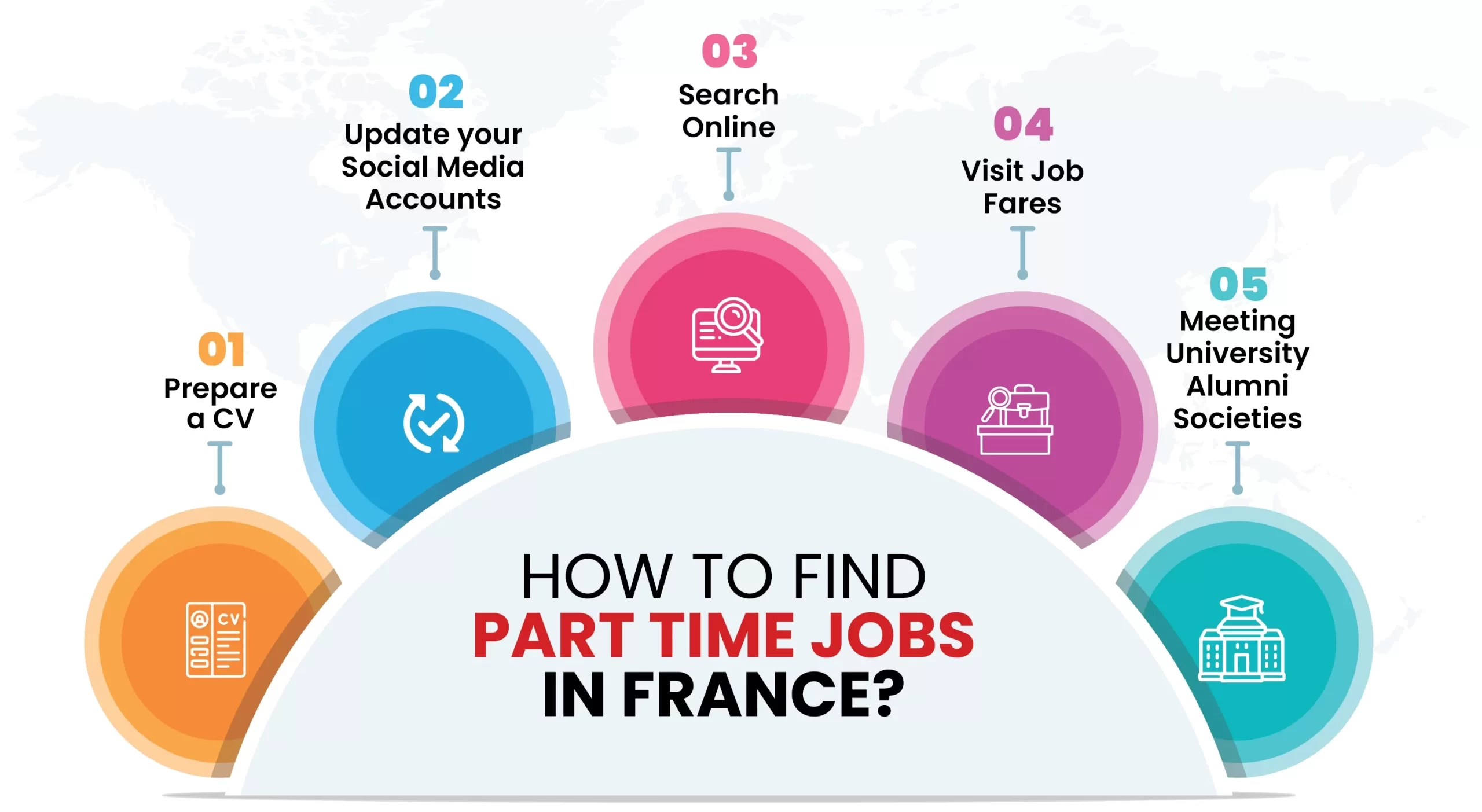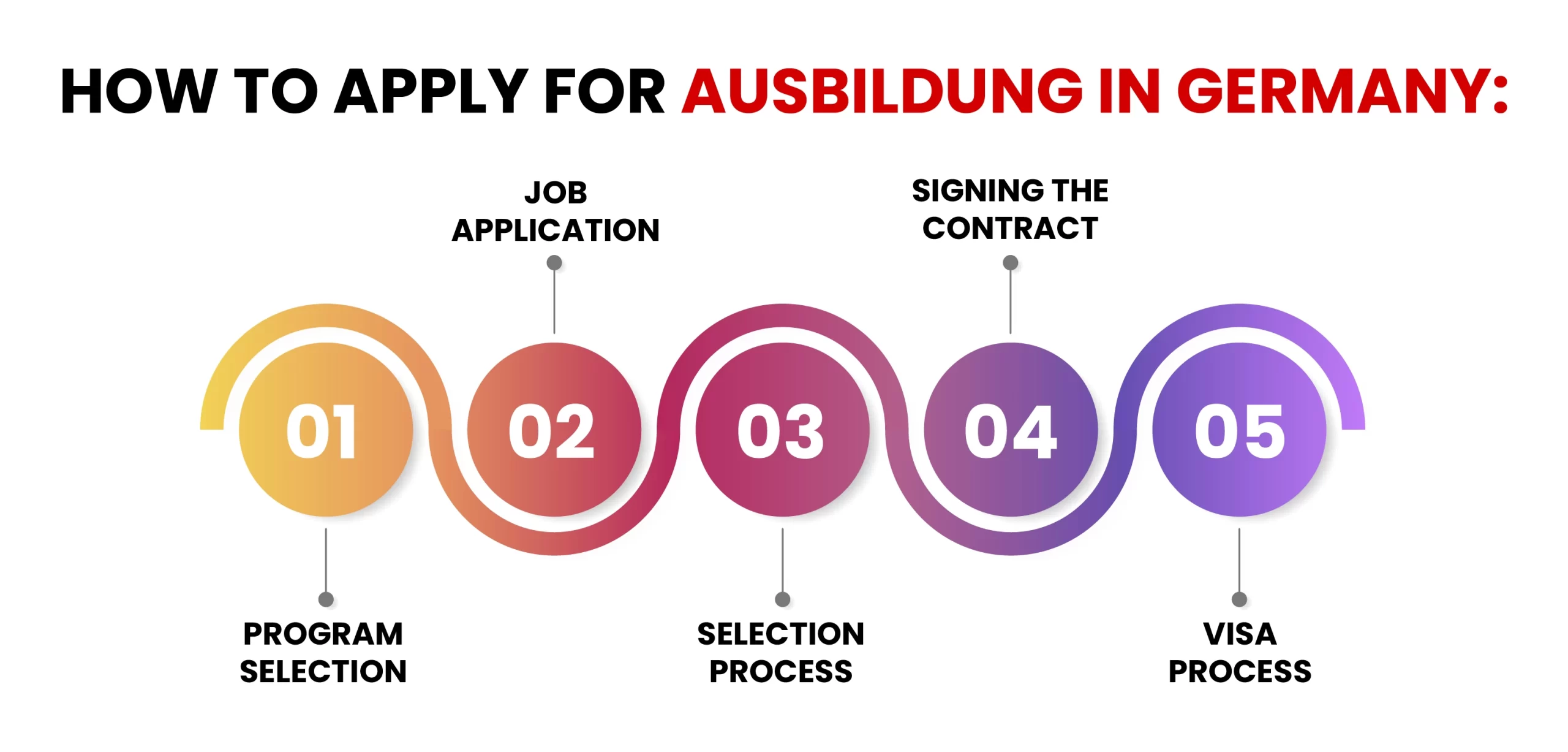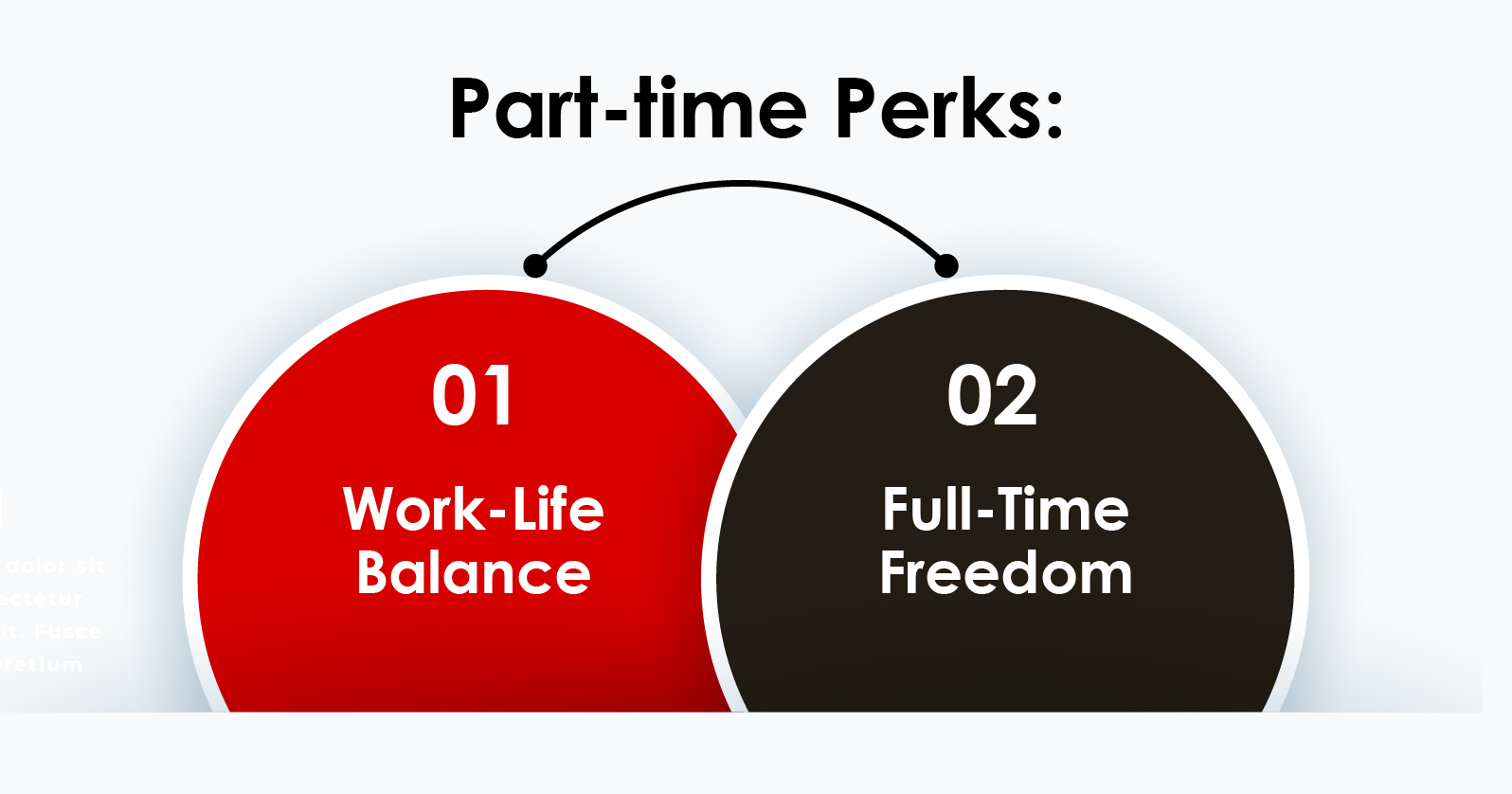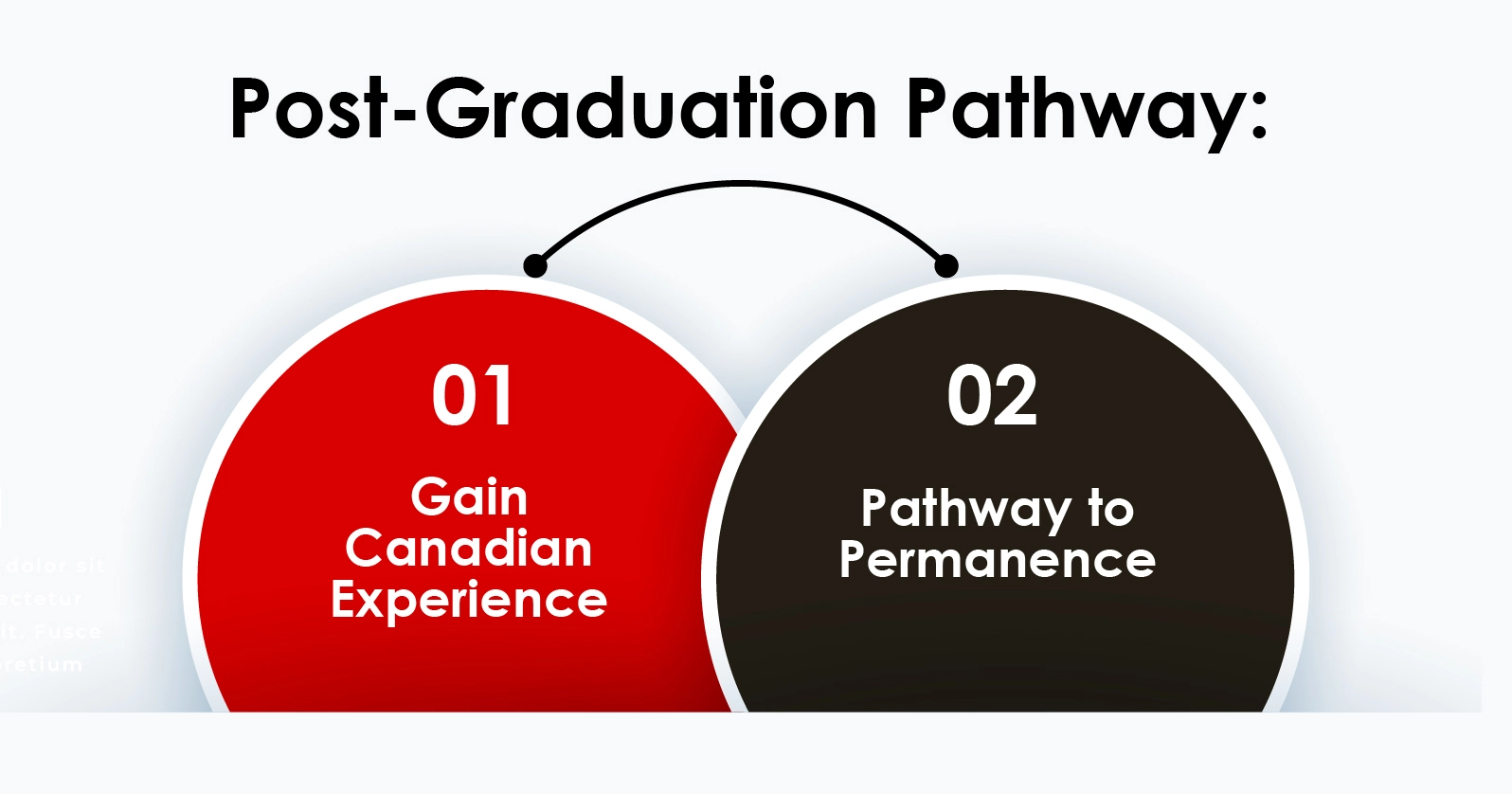France is a leading country that offers immense learning opportunities and possibilities for work. Studying in France also gives you the opportunity to do part-time jobs in France and be financially independent. Working while studying serves to easily fall into place with international work experience.
In this blog, we will be discussing the benefits of studying and working part-time in France.
Table of Content
1 Benefits of Part Time Jobs in France 2 Types of Part Time Jobs in France 3 Part Time Job Salary in France for International Students 4 How to find Part Time Jobs in France 5 Part Time Jobs in France: Rules and Regulations 6 Cost of living in France for Indian Students 7 Concluding 8 Frequently Asked Questions ( FAQ )
Benefits of Part Time Jobs in France
France offers great benefits for students to work and earn at the same time.
1. Development Skills: Students pursuing courses in medicine, law, or engineering engage in part-time work to easily comprehend the international work atmosphere.
2. Managing Living Expenses: Working part-time allows the student to earn extra income and become financially independent. They can manage the expenses for accommodation, utilities
3. Networking Opportunities: Part-time jobs in France provide students with an opportunity to maintain contact with professionals, which will aid in their career development.
Types of Part Time Jobs in France
France, being a country with a developed economy, provides immense part-time work for Indian students to thrive in the country. The universities provide the opportunity to work on campus, during which they are not allowed to do any internships.
The types of part-time jobs in France include on-campus jobs as well as off-campus jobs, and they are as follows:
The Best Part Time Jobs On-Campus include:
- Assistant at the university
- Café jobs on the campus
- Campus guide
- IT tech support
- Library assistant
The average salary for international students ranges from 10- 20 €
The Best Part Time Jobs Off-Campus include:
- Retail workers in shops
- Tour guide
- Cab driver
- Dogwalker
- Blogging
- Private tutor
The average salary for off campus part time jobs in France varies from 10-40 €
Part Time Job Salary in France for International Students
| Part time jobs | Average Salary (per hour) |
|---|---|
| Tour Guide | 25 € |
| salesman | 30 € |
| Retail worker in shop | 20 € |
| Dog walker | 11 € |
| Cab driver | 25 € |
| Blogging | 11 € |
| English translator | 20 € |
How to find Part Time Jobs in France
Finding a job is always a difficult and time-consuming task, especially in a foreign country. However, Studying in France offers a lot of opportunities to work part-time. With right steps, you can easily find a job:
1. Prepare a CV
You have to prepare a CV detailing your academic profile personal details, no matter what job you are looking for, start building your CV as soon as possible.
2. Update your Social Media Accounts
Social media plays a great role in today’s world. So, maintaining your profile on platforms like Facebook, Twitter, LinkedIn etc. is an important point to note. Employers nowadays are more conscious about their applicants.
3. Search Online
Constantly search online to find job opportunities that match your interest. You can use sites like Pole Emploi (Employment centre), APEC (The Management Employment Association), and keep applying for jobs.
4. Visit Job Fares
Visiting job fares are the best way to land a part time job in France and meet the best employers. You can find a lot of jobs opportunities.
5. Meeting University Alumni Societies
Alumni societies are of great help for international students to get relevant and specific information about best part time jobs available in France.
Part Time Jobs in France: Rules and Regulations
International students in France can work up to 964 hours a year and must follow the following rules:
- Under a student visa, students in France can work up to 20 hours a week, or 964 hours annually.
- If you are enrolled in a 6-month program, you can work for 472 hours.
- Your work should not conflict with the academic schedule and university curriculum
- International students working part time in France have an hourly pay of around 8.61 € (776 INR). Thus, students can earn up to 7900 € (7, 12, 163 INR)
- Overseas students are offered a one-year contract by universities to work off-campus.
- Students may work up to 670 hours between September 1 to June 30. Contrarily, 300 hours can be worked full-time between July 1 and August 31.
Cost of living in France for Indian Students
The cost of living in France is comparatively less when compared to other countries. Thus, choosing to study and work in France is an economic choice. Looking into the cost of living in detail:
| Utility, Leisure | 80 € – 100 € |
| Transportation | 20 € – 50 € |
| Meals | 100 € – 450 € |
| Accommodation | 400 € – 1200 € |
Concluding
Working part time in France offers a great opportunity to cultivate your skills and personality. Moreover, France is an attractive destination for individuals seeking opportunities to work and settle for several reasons like the robust economy, work life balance and high quality of life.
However, French universities have provided options of part time work for Indian students, which will enhance your career. Choosing the right guidance is as important as choosing the right study destination. With more than 25 years of service in the overseas education industry, Canapprove is dedicated to offering you the best courses and supporting your dreams to study in France.











